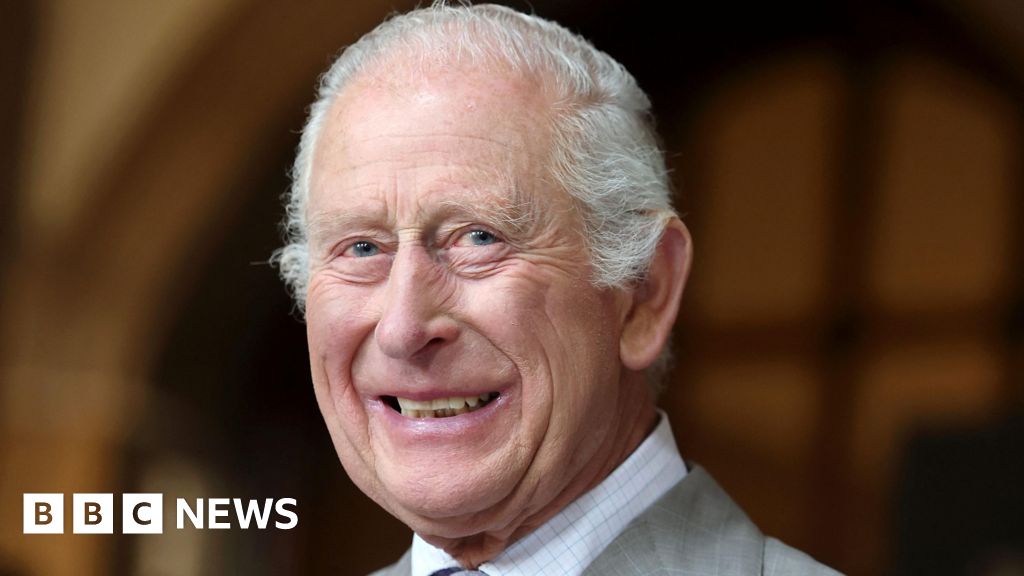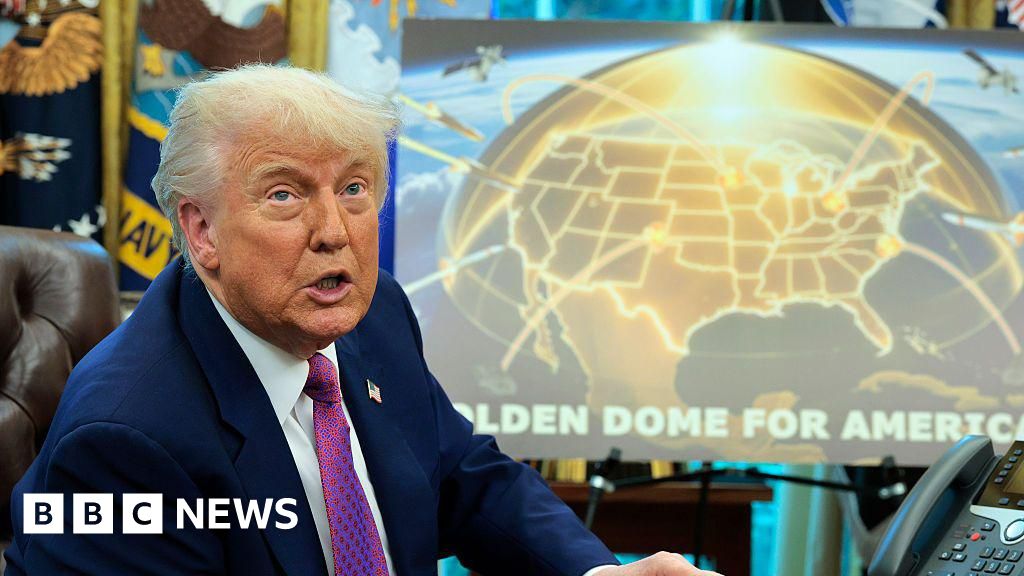ARTICLE AD BOX
By Katy Watson
BBC South America correspondent
Image source, Reuters
Image caption,Illegal mining has been taking place in protected indigenous territories of the Amazon for years
Maurício Ye'kwana worries about the future. He comes from the community of Auaris, in northern Brazil, close to the border with Venezuela.
The area, part of the Yanomami Indigenous Territory, is rich in gold, diamonds and minerals - and illegal miners want a piece of it. In all, there are an estimated 20,000 illegal miners on the land.
"It's got worse in the past few years," Maurício says, explaining that during the pandemic, the number of planes, helicopters and boats linked to illegal mining increased.
He's only 35, but it's the younger generation that concerns him - boys increasingly being lured into illegal work.
"The young people are the best boat drivers," he says. They can earn as much as 10,000 Brazilian reais ($2,140; £1,645) for a single trip.
Maurício has come to Brasilia to take part in the Free Land Camp, an annual event that brings together indigenous communities looking to defend their land rights.
Maurício Ye'kwana says illegal mining in the Yanomami Indigenous Territory increased during the pandemic
On Brasilia's main esplanade, a grand avenue that leads to Congress and the presidential palace, communities from across the country have erected hundreds of tents.
Milling around the camp are indigenous Brazilians, many of them wearing feathered headdresses, intricate beaded jewellery and painted with geometric tattoos identifying their tribe.
This year, the event has taken on an even bigger meaning.
President Jair Bolsonaro has made it his mission to push economic development in the Amazon. In his latest attempt to make inroads into indigenous territories, he has cited the war in Ukraine. Brazil relies heavily on imported fertilisers for its agribusiness industry - more than 90% of its fertilisers come from abroad, and Russia is its most important partner.
"A good opportunity arose for us," Mr Bolsonaro said of Russia's invasion of Ukraine. He has argued that by mining in indigenous territories, Brazil can build more of its own potassium reserves.
It's an argument questioned by some experts.
"Only 11% of the reserves are inside indigenous lands and other states like São Paulo and Minas have reserves," says politician Joenia Wapichana, the first indigenous woman voted into Congress in 2018. "It's a false narrative that tries to confuse the minds of the Brazilians, making them believe it's important, that people won't have food on their table."
Also, it's not a short-term fix.
"From a technological and environmental perspective, the licences needed and the infrastructure - it all takes time. Being able to offer these products to the Brazilian market would probably take seven to 10 years," says Suzi Huff, Prof of Geology at the University of Brasilia. "We're talking about an extremely sensitive area in which care needs to be taken. It's false to say that it will solve Brazil's problems."
The bill has been in the works since 2020. But last month, the lower house voted to consider it under emergency provisions, removing the need for committee debates.
"It's very clearly blackmail," says Prof Huff. "Bolsonaro saw an opportunity to continue with this project of allowing mineral exploration including in indigenous lands and used the scarcity of fertilisers in Brazil to move forward with this project."
It was expected to be voted on in the lower house this week, but that hasn't happened - and few believe, in this election year, that it will. Not even the big players in the industry agree with it, with the Brazilian Institute of Mining last month saying it was a bill "not suitable for its intended purposes", and calling for broader debate.
While a delay in voting is seen as a relief by indigenous leaders, it's still a challenge on the ground.
Joenia Wapichana says President Bolsonaro's vow to regulate mining on indigenous lands threatens vulnerable communities
"A fiery political discourse encourages invasions in indigenous lands," says Joenia Wapichana. "The fact that Bolsonaro says he supports mining, that he will regulate mining in indigenous lands already exposes the indigenous people and makes them more vulnerable."
The discourse is, of course, deeply political, especially with elections around the corner. On Tuesday, former president Lula da Silva - and the man leading in the polls to win October's vote - made a visit to the camp.
"Today the headlines are about a government that doesn't have scruples when it comes to offending and attacking the indigenous communities who are already on this land," he said.
The response was huge cheers of "out with Bolsonaro" - but there are still six months until the elections. And this is Brazil - much can change in politics here, and the future of Brazil's indigenous tribes is more uncertain than ever.

 3 years ago
35
3 years ago
35








 English (US) ·
English (US) ·